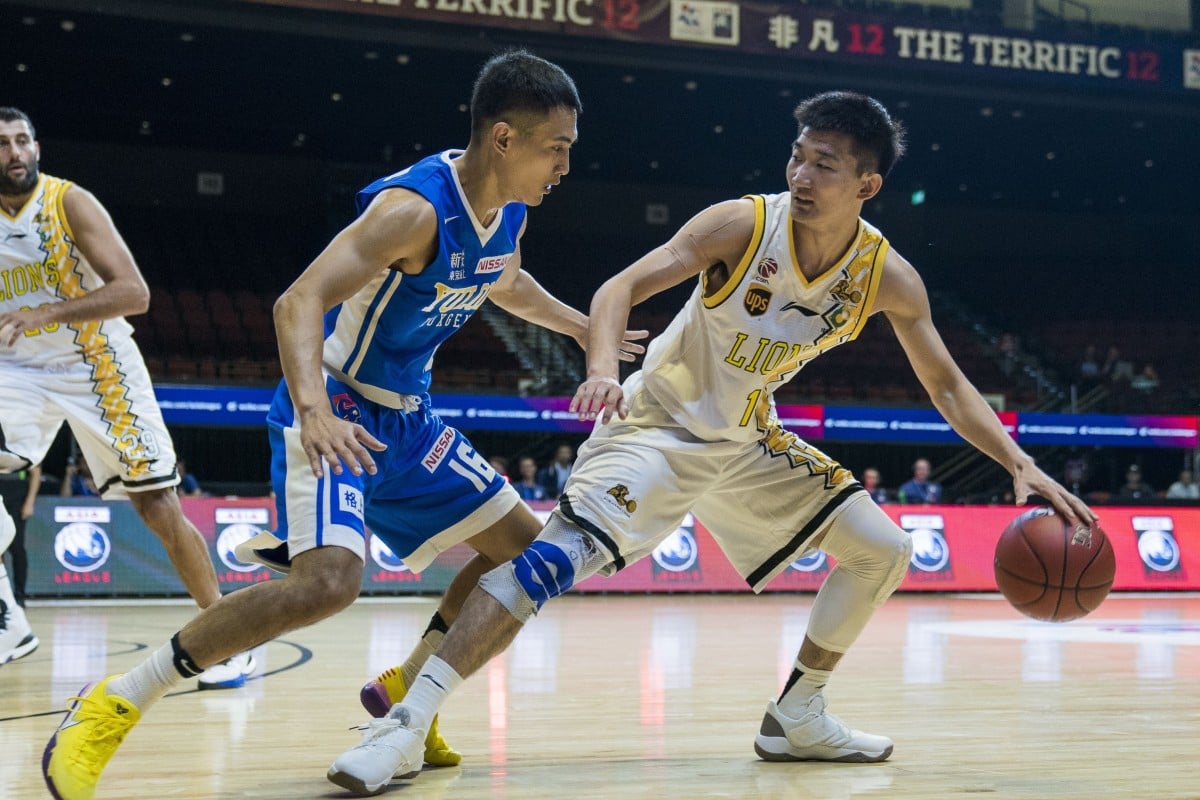
Considering the success of last year’s FIBA World Cup in China, the postponed Tokyo 2020 Olympic Games, and the next FIBA World Cup to be held in the Philippines, Japan and Indonesia in 2023, there is no doubt east Asia is at the heart of most things basketball.
As such, the sprightly East Asia Super League (EASL) has decided to strike while the iron is hot – global pandemics aside – and put in motion plans for Asia’s first basketball “champions league”.
“The idea is to take the best teams from the top professional leagues in east Asia and build up to that platform long term,” newly appointed EASL chief commercial officer Mark Fischer said. “We will put teams from Japan, Korea, China, the Philippines and more in a home-and-away competition leading up to a final four to decide the champions of Asia.
“The market for basketball is tremendous. The biggest global basketball events being in Asia over a period of about five years, and [it] would not be happening if the market were not growing at such a large scale. That’s one of the reasons we feel – despite the current challenges – that the timing is great for us to be launching.
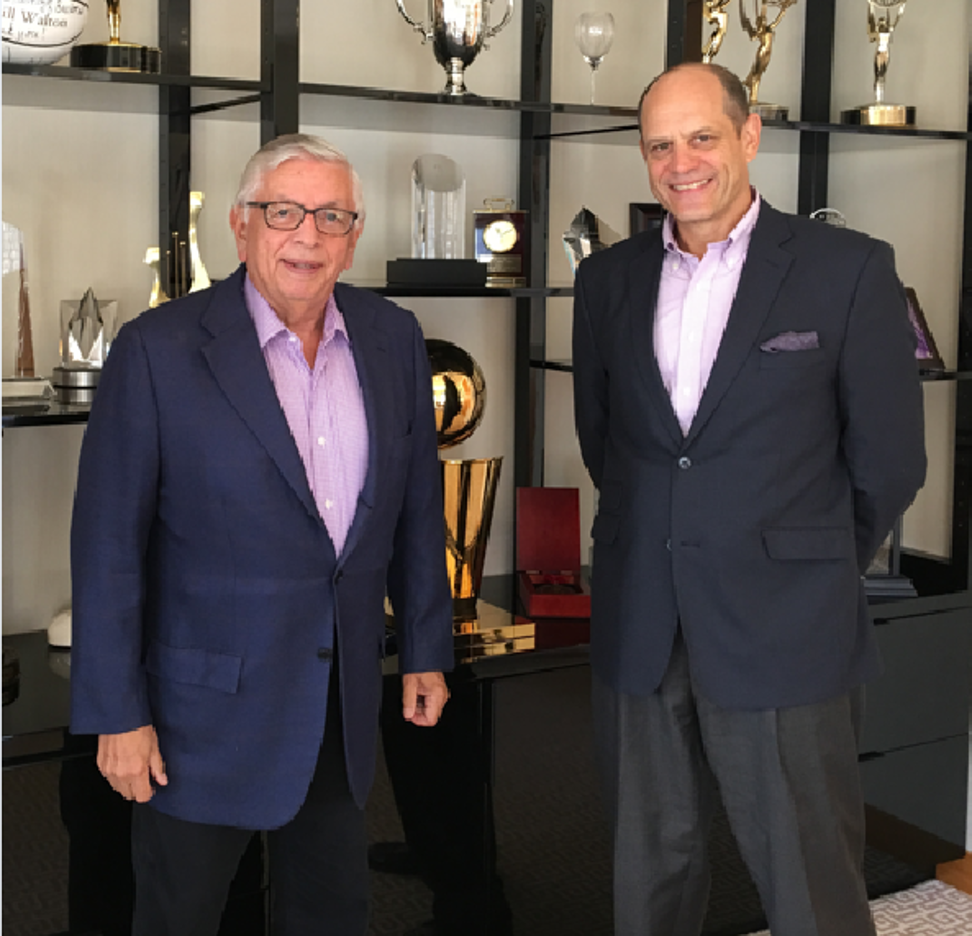
“This is the sort of vacuum and demand in the market that nobody’s done in such a focused way – that hasn’t been done in a very successful way, given the immense popularity for the sport. There’s certainly great content overseas, but it’s from a different time zone and there are no local heroes. That’s what we’re building here.”
Fischer was the National Basketball Association’s (NBA) first China and Taiwan managing director before taking up a similar role for Ultimate Fighting Championship (UFC) Asia. The fluent Mandarin speaker, who specialises in bridging the gap between the eastern and western hemispheres, explained why he joined up with EASL co-founders Matt Beyer and Henry Kerins.
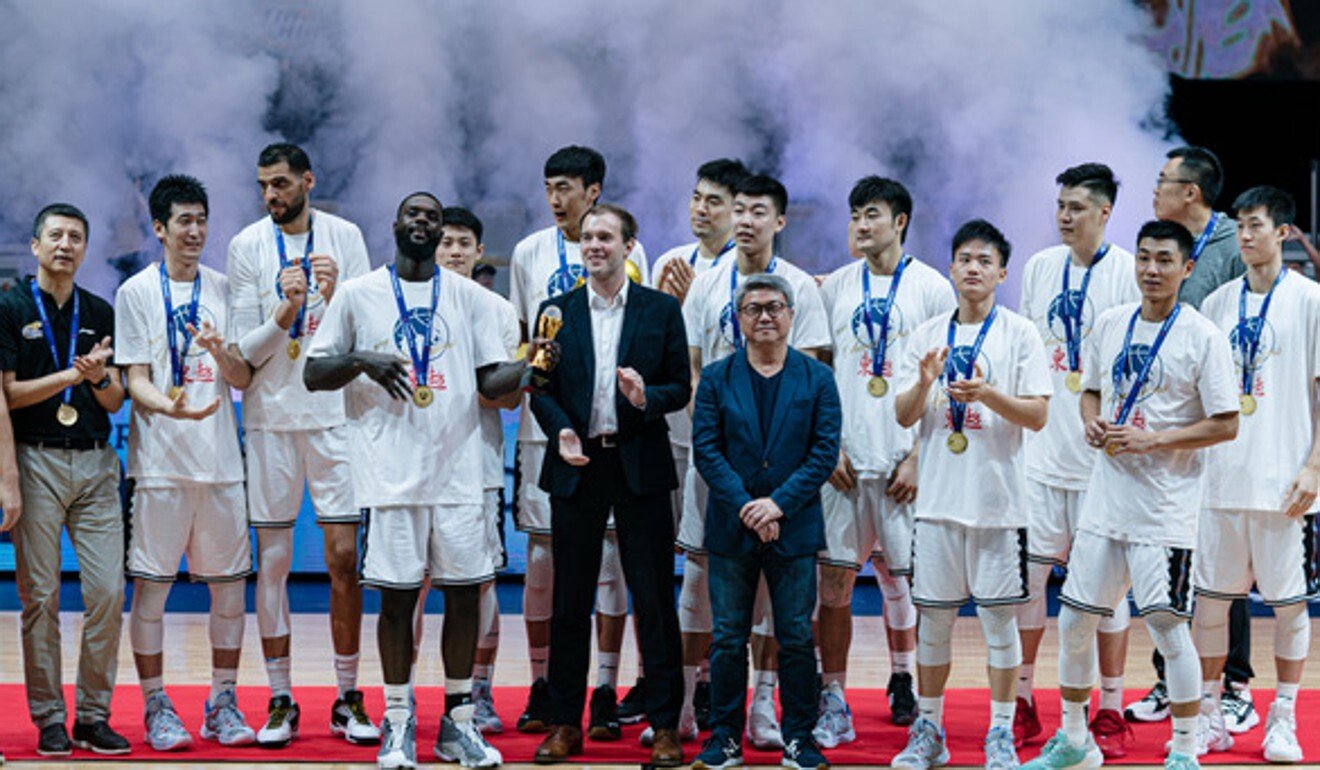
“I believe in the vision. Coincidentally, after I left the UFC five years ago, I had thoughts of a similar concept but never got around to actually making it happen,” said Fischer, who will be responsible for the league’s marketing and sponsorship partnerships, media rights, licensed merchandise and other commercial revenue streams.
“The smarts and energy of the founders – who I’ve been working with in a consulting capacity for a couple of years – is something I can bring a lot of value to. The guys are talented but it’s a young team. I’ve got a bit more experience ... in sports marketing in the region so it’s a wonderful and complementary match. It’s not every day that one gets the chance to get into the relatively low floors of a new sports franchise.”
EASL is primarily based in Hong Kong with entities in neighbouring Macau, as well as consultants throughout Shanghai, Tokyo, Seoul and Manila. What with the Chinese Basketball Association (CBA); Japan’s B. League; South Korea’s Korean Basketball League (KBL); the Philippine Basketball Association (PBA); and Taiwan’s Super Basketball League (SBL), they are suitably placed to tie it all together.
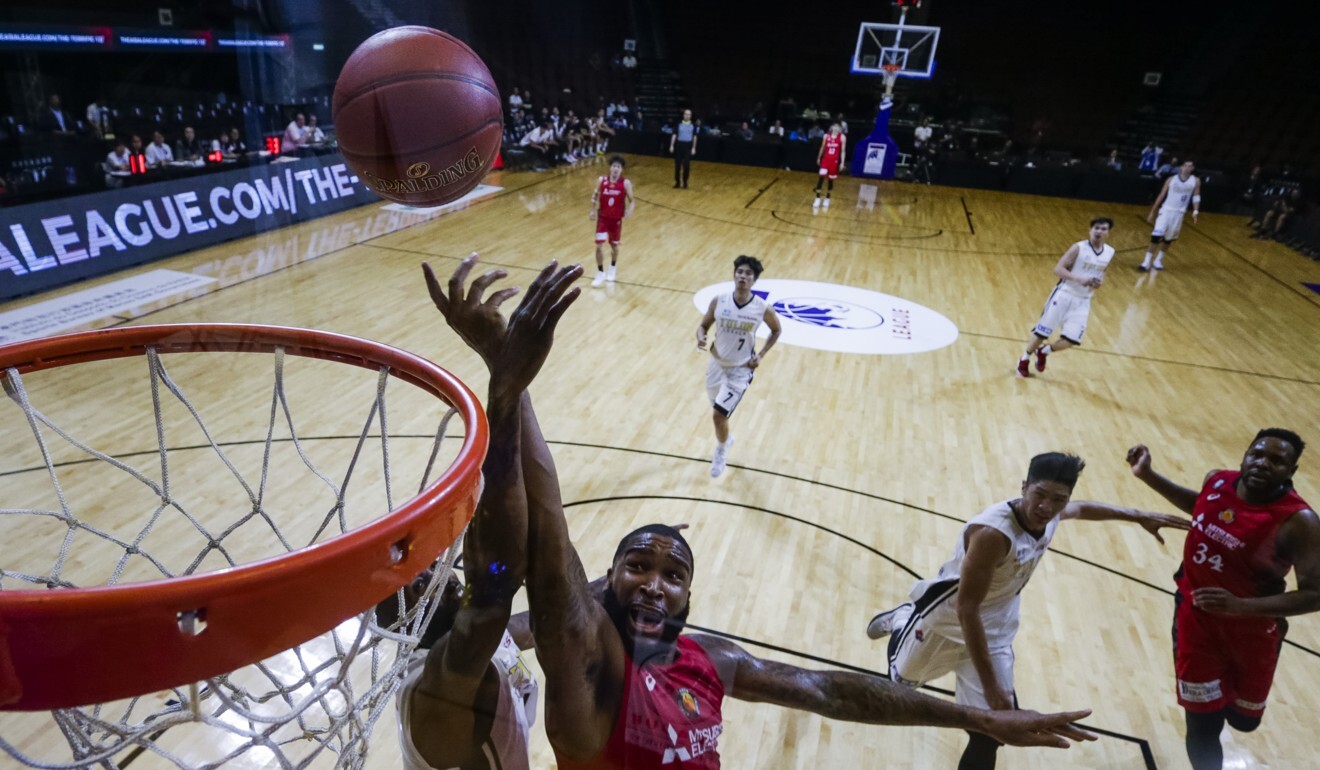
All but the Taiwanese were postponed or cancelled earlier this year, but it does not stop EASL’s target of being considered “one of the world’s top professional basketball leagues by 2025”.
“What I take from those successful experiences [in the NBA and the UFC] is it really does take time and patience because it’s very important to establish trusting relationships in China – it doesn’t happen overnight,” Fischer said. “I think some people overlook that and just look at the market of 1.4 billion people. ‘All we need to do is get 1 per cent and make millions’ – it’s not that easy.
“EASL is based in greater and mainland China and our co-founders have gone to school here and worked here for virtually their whole careers. I’ve spent virtually most of my career here and most of our staff is Chinese. We do have those relationships and [gained] the trust that we’ve committed to the markets. That’s the head start we have over most international sports properties and we’re ready to take advantage of that.”
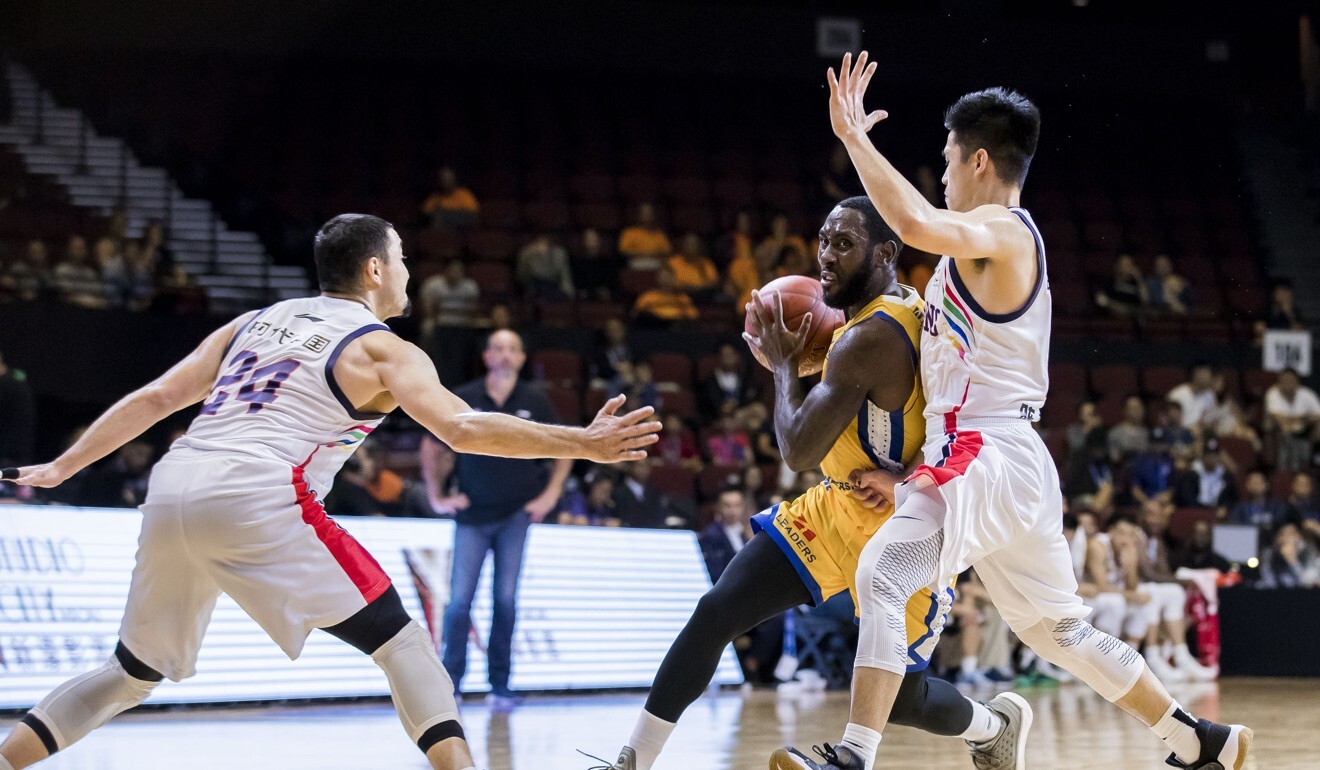
The “champions league” format is expected to roll out in late 2021 with the intention of a 28-game tournament spanning six months – in what is a similar model to the FIBA Champions League in Europe. For now, EASL will focus on their , which is tentatively scheduled for September 15-20 in Macau.
“We have one or two more dominoes to fall before we can 100 per cent confirm that based on the uncertainties of Covid-19,” Fischer said. “There are still a couple of uncertainties around it so we prefer not to overstep our bounds at the moment.
“Once we get past this season, the focus for the next 12 months is the launch and build-up to the champions league format. It seems like a long way away but it’s not really in terms of organising and logistics – the uncertainties of the coronavirus certainly don’t make it easier.”
Previous tournament editions included marquee players such as former NBA now-CBA star Lance Stephenson, whose Liaoning Flying Leopards were crowned champions in 2019; and Joseph Lin of the SBL’s Fubon Braves, perhaps more familiarly known as Taiwanese-American NBA sensation Jeremy Lin’s younger brother.
While such names are very much welcome from a marketing perspective, Fischer hopes Asian fans will also identify with “local heroes” from their respective regions.
“We’ll be producing content series in the coming year – “Terrific Together” and “Ballerific” – and building their individual stories to our, generally speaking, younger audience that gets most of their media through digital devices.
“The second prong is to capture these regional rivalries. Say we have one of the best teams in Japan playing against their counterparts in China, or Japan vs Korea, or China vs Japan – there’s a natural competitive rivalry, a totally different following as well as cultural differences.
“There hasn’t been as much of a platform for it. There certainly is in [Asian] soccer – that’s been pretty well built up in the national team and the AFC Champions League and Cup – but there’s a bit of a vacuum in basketball. We want to be seen as the pinnacle or hub for basketball in East Asia.”
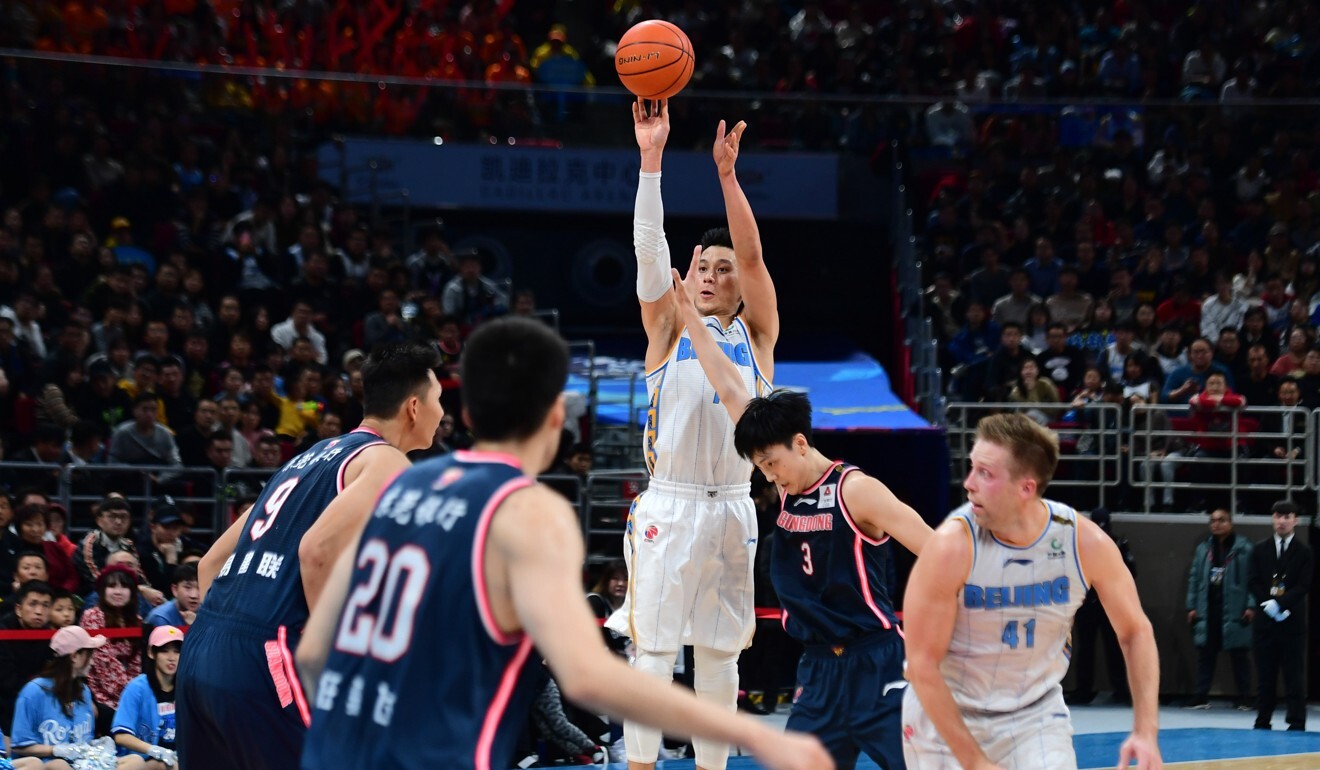
As far as penetrating Western markets and audiences, Fischer said it would be a “nice to have” scenario but it is not the focus “as far as elevating the sport of basketball here”.
“If we do our job well over the next couple of years, the rest of the world will take notice naturally.”







